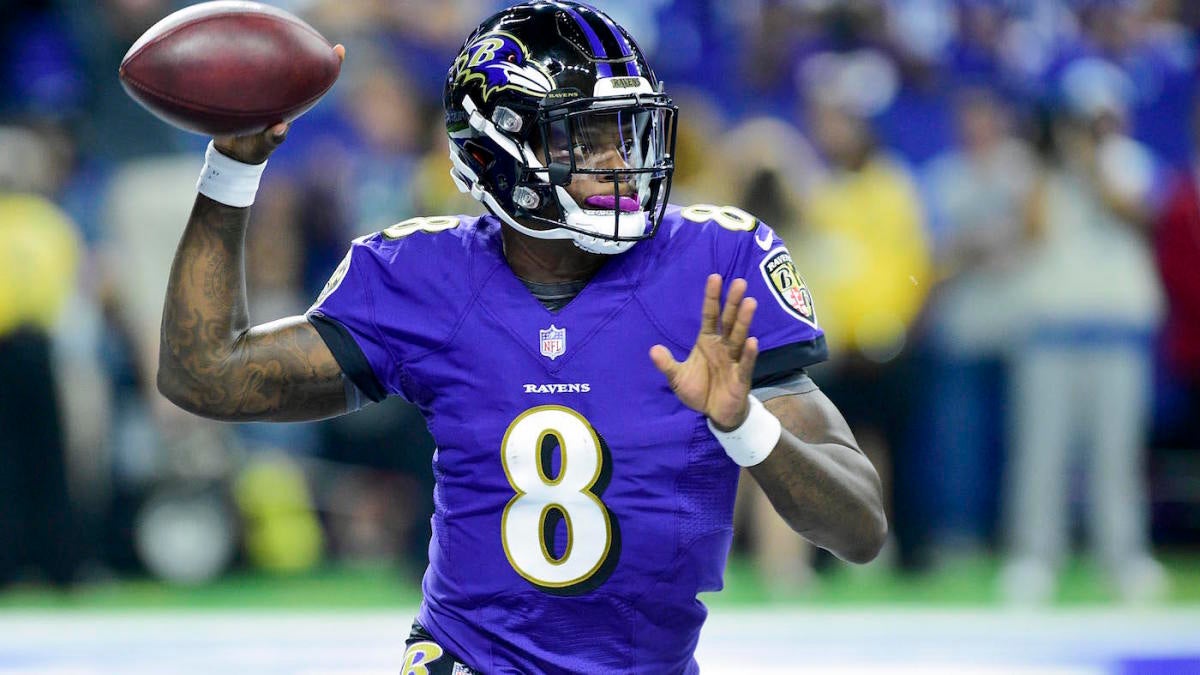That doesn't necessarily work out with equal action though. There might be about equal action on both sides across a wide swath of legal casinos, but a lot of casinos might take heavy action on one side. And many win or lose all the time. Their exposre is often similar to how they deal with banked games like blackjack and baccarat. They're looking to the vig in order to win over time, but sometimes they lay down their own numbers and lose. I mean - I've seen a board with all sorts of games and if there's a bet on some Ivy League men's basketball game, that might be the only bet they take or with almost nobody ever betting on that game. They can even lose with NFL betting. But some weeks they win considerably more than the vig, but also lose way more than the vig other weeks depending on where the heavy betting is. The vig allows them to win over time, but not for every game or every week/day since there typically isn't equal action.
One sportsbook put Week 12 into perspective for the house: “This is as bad as you can do on a Sunday, really." Check out the full betting recap from the football weekend.

www.foxsports.com
I'm not a heavy sports gambler. I've never made a sports bet with an illegal bookie nor an online sportsbook. I think the total number of bets I've made is less than 6 and all were in Nevada where it was legal and most I ever put down was $30. But I take interest in the little details.

 www.cbssports.com
www.cbssports.com

